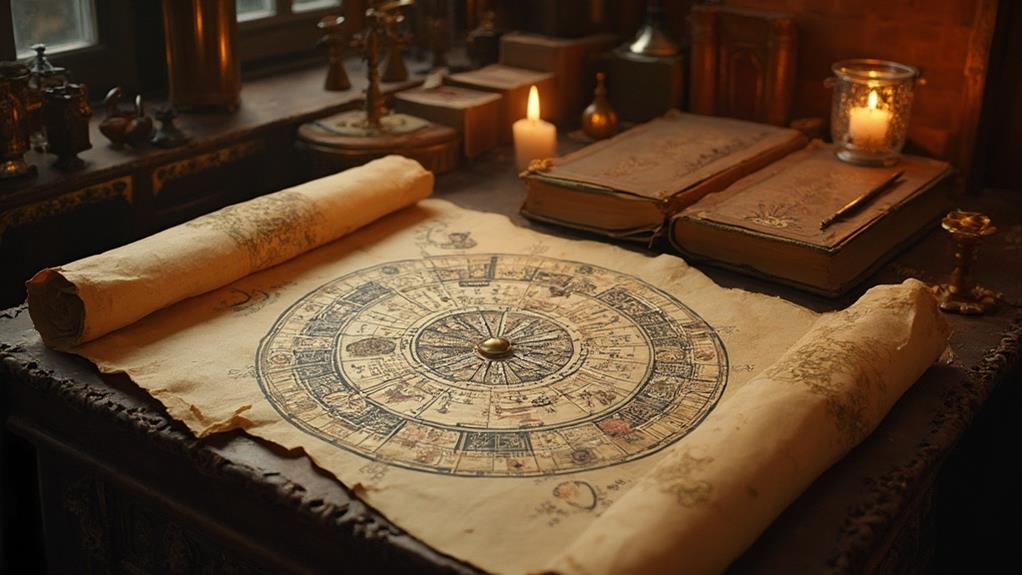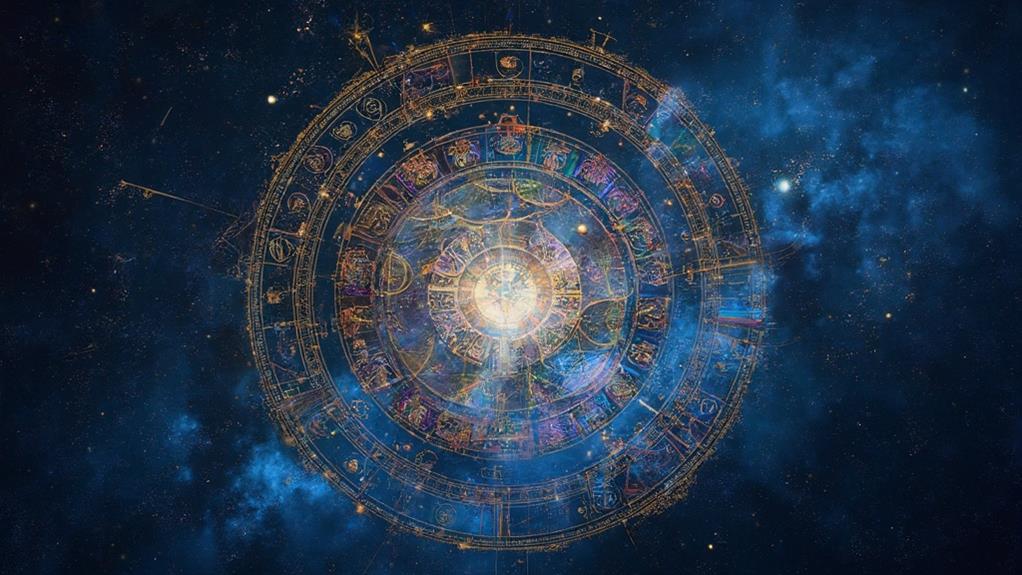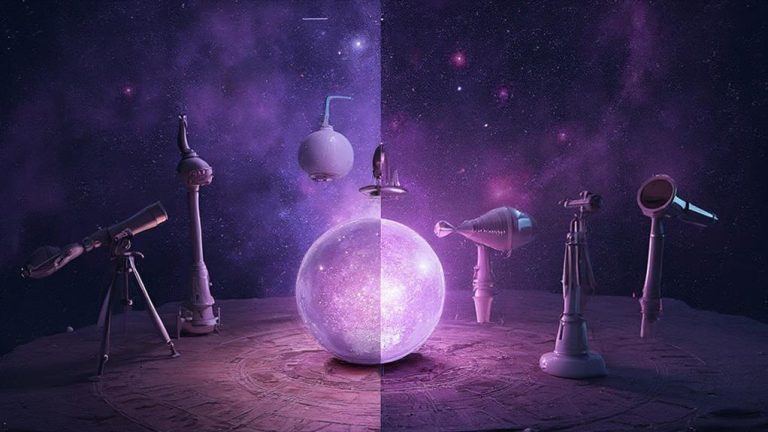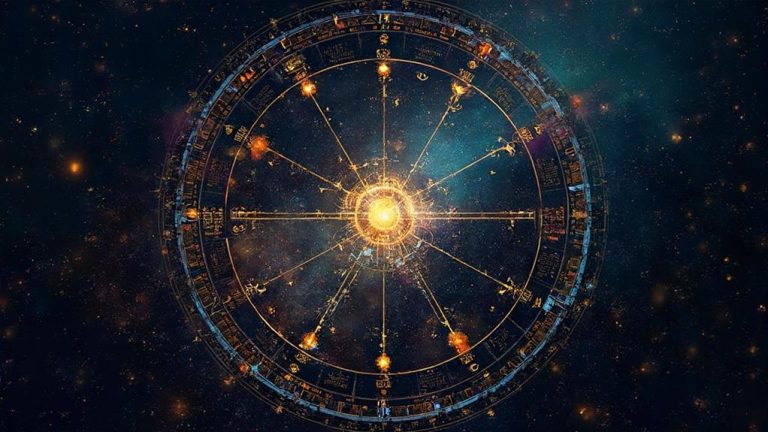Books on Astrology for Self-Study

If you’re new to astrology and wish to embark on this fascinating journey, the key is to start with foundational books after which you can progressively move to more advanced materials. By taking a structured self-learning approach, you’ll channel your curiosity into a practical understanding of astrology. Starting with the best astrology books for beginners will provide you with a solid framework for understanding core concepts like zodiac signs, houses, and aspects. These resources are designed to simplify complex ideas, making astrology accessible even if you have no prior knowledge. As you gain confidence, you can gradually explore deeper topics and more specialized areas of study. With time and dedication, you’ll begin to see how the layers of astrology interconnect, offering insights into personality, relationships, and life cycles. By using astrology for personal growth, you can uncover patterns and tendencies in your own life, empowering you to make more informed decisions and align with your authentic self. The journey is as enlightening as it is transformative, serving as a tool for self-discovery and deeper connection to the universe around you.
Essential Books for Beginners

Some excellent beginner astrology books include:
- The Only Astrology Book You’ll Ever Need by Joanna Martine Woolfolk – A comprehensive guide for a complete astrology beginner, covering the basics of birth charts and zodiac signs.
- Astrology: A Cosmic Science by Isabel Hickey – Delves deeper into the spiritual aspects and cosmic significance of astrology.
- Chart Interpretation Handbook by Stephen Arroyo – Offers a straightforward guide on interpreting birth charts for personal growth and self-knowledge.
- Planets in Transit by Robert Hand – Essential for learning how planetary transits influence our lives over time.
- The Art of Chart Interpretation by Tracy Marks – Teaches how to synthesize different elements of a chart for a complete reading.
- Hellenistic Astrology by Chris Brennan – A crash course into ancient astrological methods and how they’re still relevant today.
Each of these books builds foundational knowledge to understand basic birth chart elements like planets, houses, and aspects.
Advanced Astrological Reading Material
Once you’ve mastered basic concepts, it’s time to move on to more advanced literature that delves into predictive techniques and historical cycles of astrology. Here are key advanced texts:
- Planets in Transit by Robert Hand – A comprehensive look at how transiting planets affect natal charts, ideal for studying timing in astrology.
- Cosmos and Psyche by Richard Tarnas – A deep exploration into planetary cycles and their correlation to historical and cultural movements over time.
- Predictive Astrology by Bernadette Brady – Teaches forecasting methods, including progressions and solar returns.
- Chart Synthesis by Noel Tyl – Focuses on blending different chart elements for integrated analysis.
- The Archetypal Universe by Demetra George – Explores feminine archetypes and their planetary correspondences, including the influence of asteroids.
These advanced books will help refine your techniques, especially for forecasting, synastry, and historical analytics in astrology.
Traditional Astrology Reference Guides

Traditional astrology offers profound insights rooted in ancient writings. Some important texts are:
- Christian Astrology by William Lilly – A classic text from the 17th century that lays down the fundamentals of horary astrology and predictive methods.
- Greater Introduction by Abu Ma’shar – Highlights how celestial movements guide human destiny, an essential resource for historical astrology techniques.
- Tetrabiblos by Ptolemy – One of the earliest astrology manuscripts, explaining the influence of stars and planets.
- Book of Astronomy by Guido Bonatti – Details the significance of stars, planetary combinations, and astrological weather prediction.
- Ben Dykes Translations – Renowned for his translations of ancient medieval astrologers, offering clear insights into forgotten techniques.
These texts provide a window into how astrology was practiced in its oldest forms and highlight its timeless relevance.
Modern Astrological Text Recommendations
Incorporating modern astrology into your learning enhances your ability to interpret planetary influences relevant to contemporary life:
- Saturn: A New Look at an Old Devil by Liz Greene – Focuses on Saturn’s powerful role in personal development and karmic lessons.
- Chart Interpretation Handbook by Stephen Arroyo – Offers practical guidance on how to read and interpret psychological profiles from charts.
- The Inner Sky by Steven Forrest – Introduces evolutionary astrology, which explores the soul’s purpose in the birth chart.
These modern authors integrate psychological and evolutionary approaches, adding a humanistic lens to traditional astrology dynamics.
Specialized Birth Chart Resources

Specialized books allow for deeper study into certain chart components. Here are essential resources for refining your chart interpretation skills:
- The Houses: Temples of the Sky by Deborah Houlding – Offers profound knowledge on the importance of houses in astrology.
- Aspects in Astrology by Sue Tompkins – A must-read for understanding the nature and influence of planetary aspects.
- The Luminaries by Liz Greene – Focuses on the vital positions of the Sun and Moon in the birth chart.
- Saturn: A New Look at an Old Devil by Liz Greene – Deepens your understanding of Saturn beyond beginner level.
- Predictive Astrology: The Eagle and the Lark by Bernadette Brady – Teaches timing techniques for forecasting future events.
- The Book of Fixed Stars by Abu Ma’Shar – A resource for incorporating fixed stars into natal chart interpretations.
- Lunar Nodes: Discovering Your Soul’s Purpose by Steven Forrest – Focuses on the karmic significance of the lunar nodes in the birth chart.
These resources will guide you as you analyze specific chart components more extensively, such as houses, planetary aspects, and lunar nodes.
Frequently Asked Questions
How Long Does It Typically Take to Become Proficient in Reading Birth Charts?
On average, it takes about 1-2 years to become proficient. This timeframe allows you to understand core concepts like planetary aspects, house systems, and transits while practicing detailed chart readings.
Can Reading Astrology Books Replace Learning From an Experienced Astrologer?
Although astrology books provide theoretical knowledge, learning from an experienced astrologer brings intuitive skills that can’t be learned through texts alone. A mentor corrects your mistakes and enhances your interpretive ability.
Should I Study Western or Vedic Astrology First?
Western astrology is recommended for beginners as it aligns with familiar zodiac signs and uses easier-to-understand symbolism. Once you’ve built confidence, exploring Vedic astrology offers a deeper, more spiritual insight into astrological calculations using the sidereal system.
Is It Necessary to Memorize All Planetary Aspects and House Meanings?
No, memorization isn’t essential. Focus on core birth chart elements and practice interpreting them frequently. Over time, recognizing patterns will come naturally without the need for rote memorization.
Which Astrological Calculation Software Do Professional Astrologers Recommend for Beginners?
Astrological tools like Astro.com and Sirius Software are recommended. They provide user-friendly interfaces while delivering detailed and accurate chart calculations, making them suitable for beginners and professionals alike.
Conclusion
The journey of learning astrology starts with mastering essential natal chart readings, and as you progress, you’ll delve deeper into predictive and advanced techniques. By combining traditional and modern astrology resources, you’ll eventually gain both practical and insightful knowledge, turning your cosmic curiosity into an interpretive skillset.







